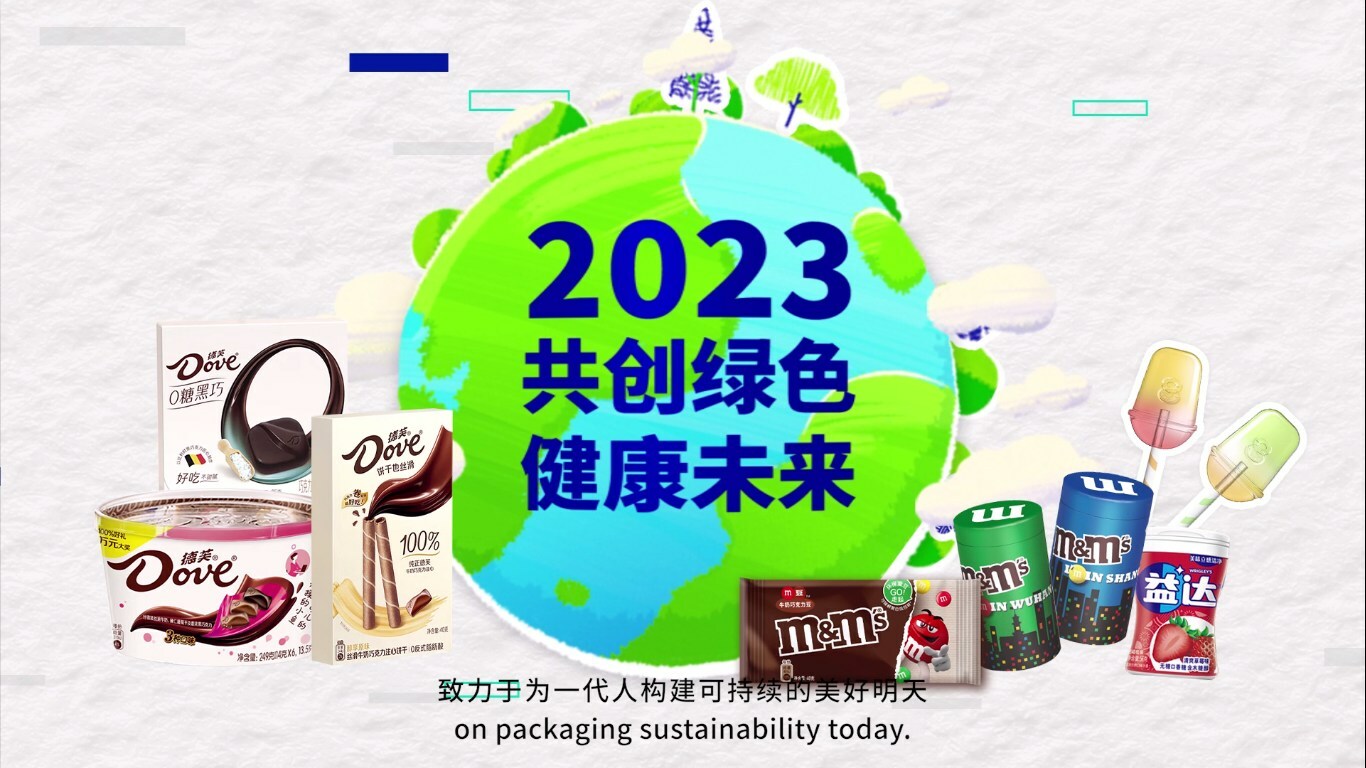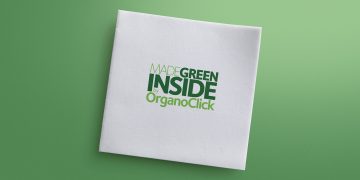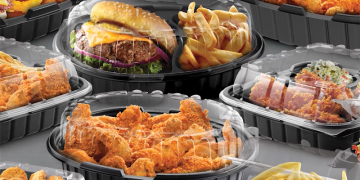The efficient use of limited resources is key to the future of a low-carbon, green economy. According to the 2022 Report on Chinese Consumers’ Recognition of rPET, issued by the China Food Information Center, 82% of respondents accepted the replacement of traditional plastics with rPET (recycled PET).
At Mars, we want to contribute to a circular economy where packaging material never becomes waste. Mars Wrigley China has taken a series of actions since 2019 to reimagine and redesign its packaging, making sure it is reusable, recyclable or compostable through innovation and advocacy. In 2023, Mars Wrigley China will make further progress in sustainable packaging innovation. We have launched our first package containing rPET in the Chinese market via a local chocolate brand, Cui Xiang Mi (CXM). The 216g canister lid of CXM is made from 100% rPET. It demonstrates a new chapter in recycled contents application for Mars Wrigley China’s package portfolio.
 Exploring new solutions via recycled content application
Exploring new solutions via recycled content application
Recycled content application is essential to improving the closed-loop for a circular economy. However, the high-value application of recycled materials is still a challenge for the industry due to an immature industry value-chain and high cost. Take rPET as an example. According to the data published by the Plastic Recycling Branch of the China Synthetic Resin Association, China, a major PET producer and supplier to the world, recycled 5.68 million tons of PET scrap in 2020. But most of this was downgraded to rPET fibers used in textiles. They would normally be land-filled or incinerated at the end of their lifecycle. The circular economy advocates closed-loop recycling of resources to extend their life cycle and reduce the natural resources exploitation.
This year, Mars Wrigley China achieved a breakthrough for recycled content application on chocolate core SKUs. The new 216g canister lid of CXM adopted 100% Post-Consumer Recycled PET with no change to the consumer experience due to appearance or tactile aspects. We want to inspire consumers with more green and sustainable moments in addition to our tasty products. Compared to the virgin PET, rPET contributes lower carbon emission and less petroleum consumption. We estimate that the launch of the new CXM rPET canister lid could save 36 tons of virgin plastic in a rolling year[1].
The circular economy is a complex system. Without a sound infrastructure, the recycling value chain breaks easily and cannot form a closed loop. Mars Wrigley China believes advocacy can contribute to circular economy development. In 2022, Mars China, together with other industrial leaders and national associations, kicked off China’s first industry-wide flexible collection pilot – Flexible Plastics Reborn – to build a full-chain and closed-loop recycling system in China for flexible packs. The program aims to collect 50000 tons of flexible packaging waste by the end of 2025. Mars Wrigley expects this program can uplift recyclability for flexible packs and provide more resources and energy saving.




















